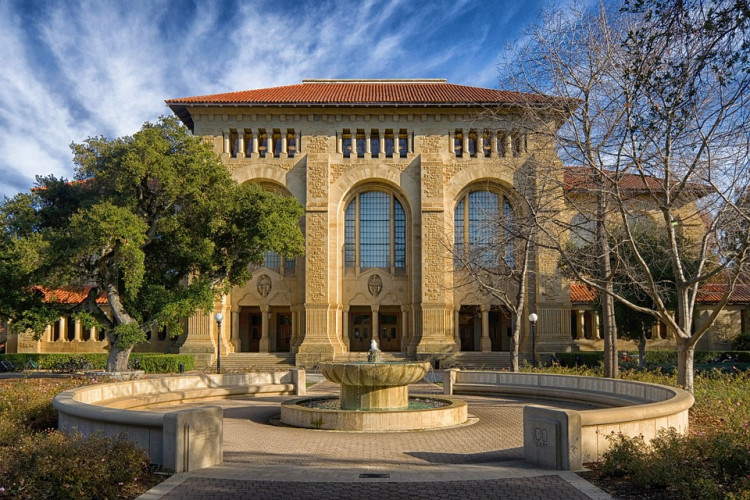California has officially banned legacy admissions at private and nonprofit universities, marking a significant shift in the state's college admissions process.
Governor Gavin Newsom signed the new legislation into law on Monday, making California the second state in the nation, after Maryland, to prohibit legacy preferences at private institutions. Legacy admissions, a practice that often gives preference to applicants whose parents or relatives are alumni or significant donors, has long been a point of contention. Critics argue that it disproportionately favors wealthier, predominantly white students, while those advocating for the practice contend it helps build strong alumni networks and fundraising efforts.
The new law, which takes effect in September 2025, is poised to affect some of the most prestigious private universities in the state, including Stanford University and the University of Southern California (USC). Public institutions in California, such as the University of California system, had already abolished legacy preferences as far back as 1998, following the passage of Proposition 209, which banned race-conscious admissions. This new law extends the prohibition to private universities, closing a loophole that has existed for decades.
Governor Newsom emphasized that the legislation is part of a broader effort to ensure fair and merit-based admissions. "In California, everyone should be able to get ahead through merit, skill, and hard work," Newsom said in a statement. "The California Dream shouldn't be accessible to just a lucky few, which is why we're opening the door to higher education wide enough for everyone, fairly." While the law aims to level the playing field, it does not impose financial penalties for non-compliance. Instead, universities that continue to use legacy preferences will be required to disclose their violations publicly on the state's Department of Justice website.
The move in California is part of a growing trend among states to scrutinize and eliminate legacy preferences. Maryland was the first to pass a similar law in April 2023, banning legacy admissions in both public and private institutions. Other states, including New York and Massachusetts, are considering similar measures as part of an ongoing effort to address inequalities in college admissions. The push for reform gained momentum following the U.S. Supreme Court's decision to strike down race-conscious admissions in June, a ruling that has spurred a nationwide debate about how to maintain campus diversity without affirmative action.
Phil Ting, a Democratic Assemblymember from San Francisco who championed the legislation, highlighted how legacy admissions disproportionately benefit a select few. "We have major private universities who use a significant portion of their admissions pool to help legacy and donors get admitted," Ting said. "We really need to make their admissions policies much more equitable."
Ting had first proposed a ban on legacy preferences following the 2019 Varsity Blues scandal, which exposed widespread bribery and corruption in college admissions at elite universities, including USC. The scandal, which involved celebrities and wealthy families paying bribes to secure spots for their children at top schools, further fueled calls for reform.
Although the law has its supporters, it has also faced resistance. The Association of Independent California Colleges and Universities (AICCU), which represents more than 80 private institutions, voiced concerns about the state's intervention in their admissions policies. "As private institutions, we have been clear that we are uncomfortable with the state dictating admission practices in our institutions, and the precedent it sets," said Kristen Soares, president of AICCU. The organization lobbied against the law's initial draft, which included financial penalties for violations. While those penalties were ultimately removed, the law still requires schools that violate the ban to disclose detailed demographic data about their incoming classes.
Schools like USC and Stanford, which have been most closely associated with legacy admissions, have said they will comply with the new law. In a statement, USC emphasized that its admissions process is constantly evolving. "We continuously evolve our recruitment, admission, and financial aid programs to create a student body that is diverse in all respects, and to comply with the law as it develops in this area," the university said.





